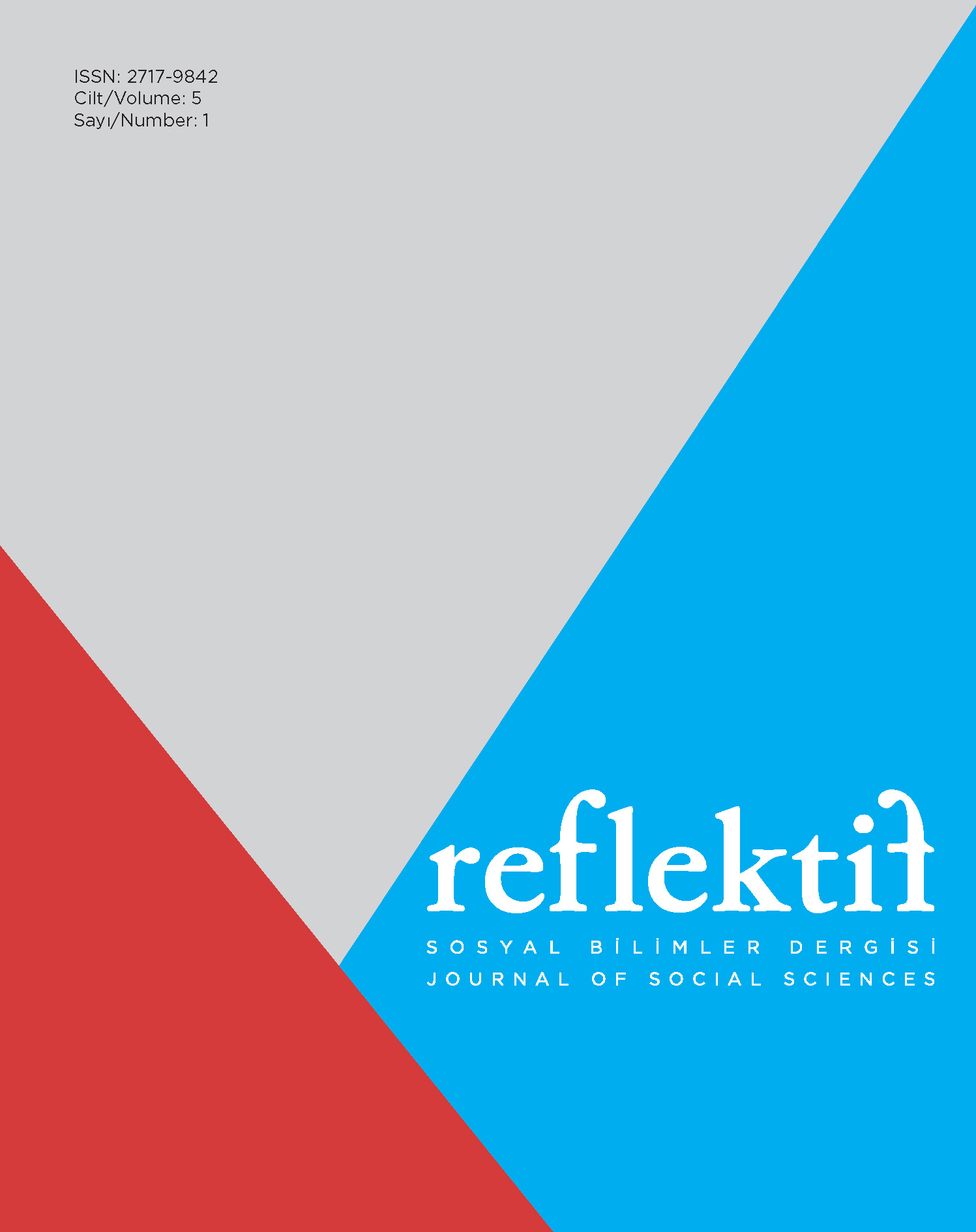Creating and Consuming Art in the Age of New Technologies
DOI:
https://doi.org/10.47613/reflektif.2024.151Keywords:
ostentatious consumption, art object, consumer culture, artificial intelligence, NFTAbstract
Art, evolving through various meanings, has formed a broad discussion area throughout the ages, and its visibility has increased with the advancement of technology. According to the Frankfurt School, art has integrated with commercial values, losing its impact. Art, losing its meaning in the capitalist market, has responded to individuals’ desires for ownership as a commodity. Artificial intelligence has profoundly shaken the meaning of art, presenting a utopia where anyone can be an artist as long as they give the right commands, making it livable. In this context, the study discusses the changing meanings of modern and contemporary art through different approaches, how art has become a commodity, the views of the Frankfurt School and critical theorists considering art as an exit strategy, and how art creates its own market through artificial intelligence technologies today, all under different headings addressing the loss of meaning in art without a subject.
Downloads
Published
How to Cite
Issue
Section
License
Copyright (c) 2024 Kübra Arslan

This work is licensed under a Creative Commons Attribution-ShareAlike 4.0 International License.
All manuscripts which are submitted to the REFLEKTIF Journal of Social Sciences should not be published, accepted and submitted for publication elsewhere.
In case an article is accepted for publication it is allowed to combine the article with other researches, to conduct a new research on the article or to make different arrangements on condition that the same license is used including the commercial purpose.
As an author of an article published in REFLEKTIF Journal of Social Sciences you retain the copyright of your article and you are free to reproduce and disseminate your work.




